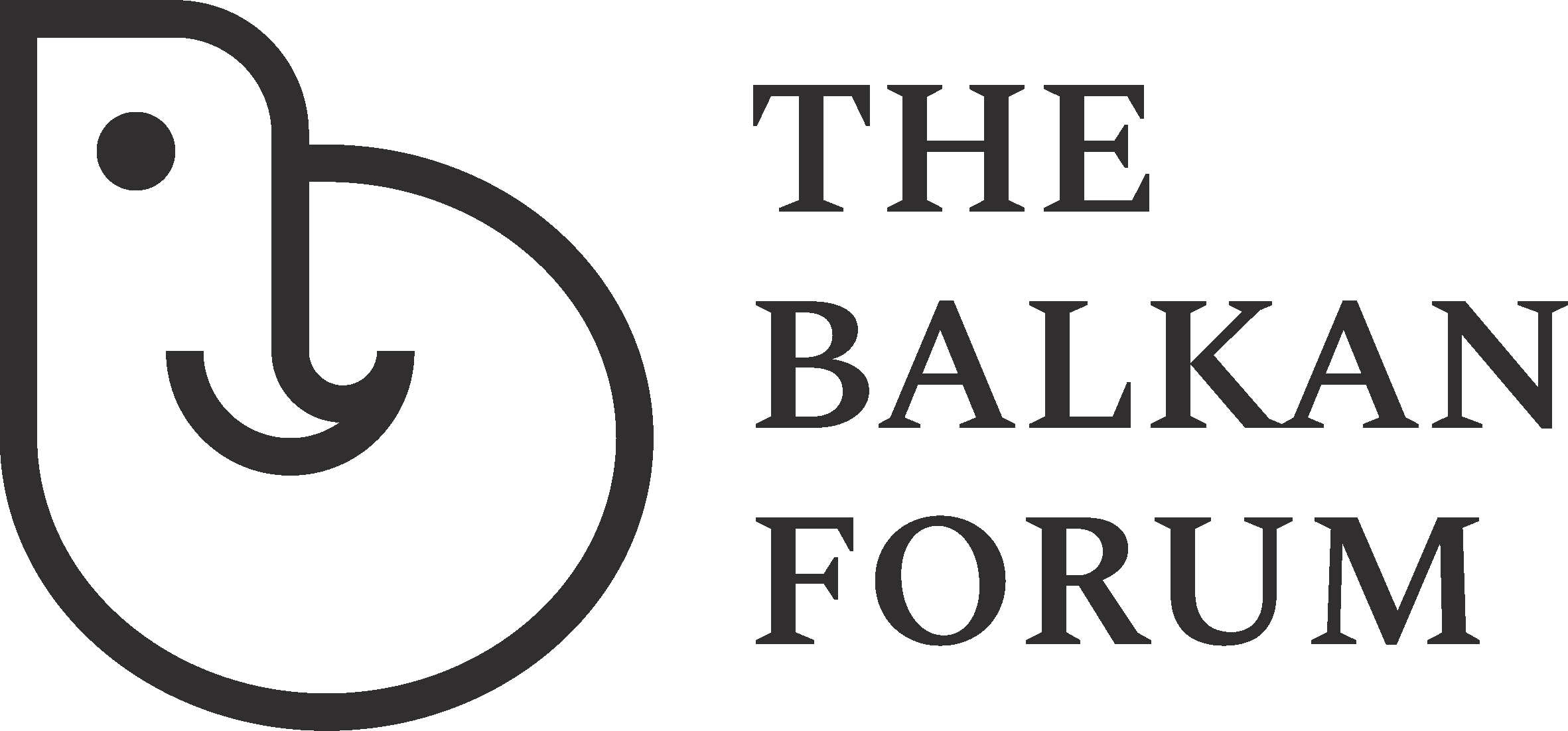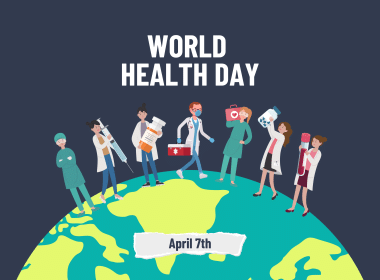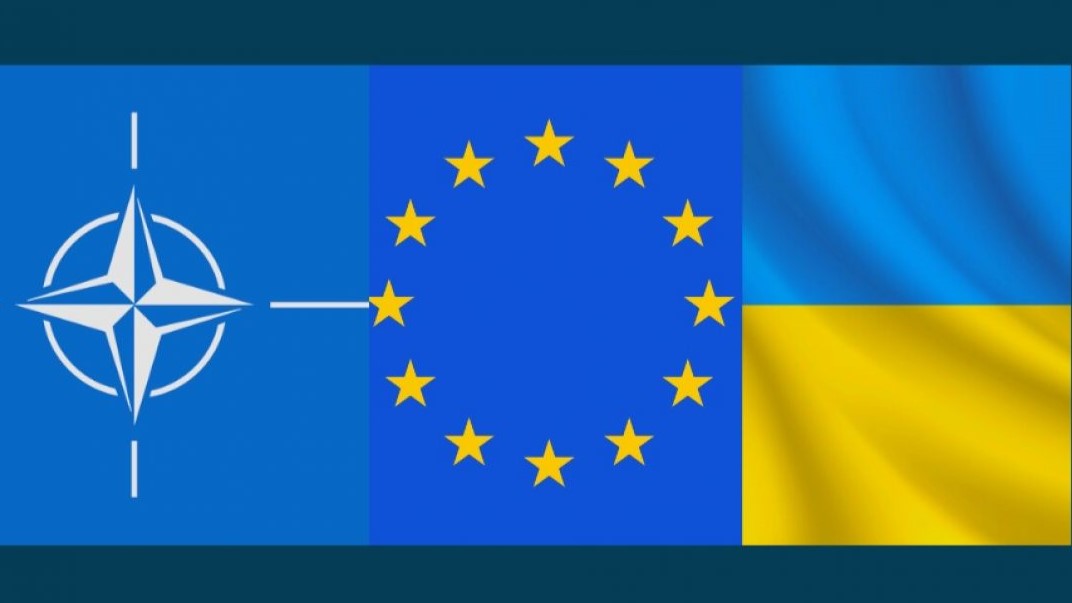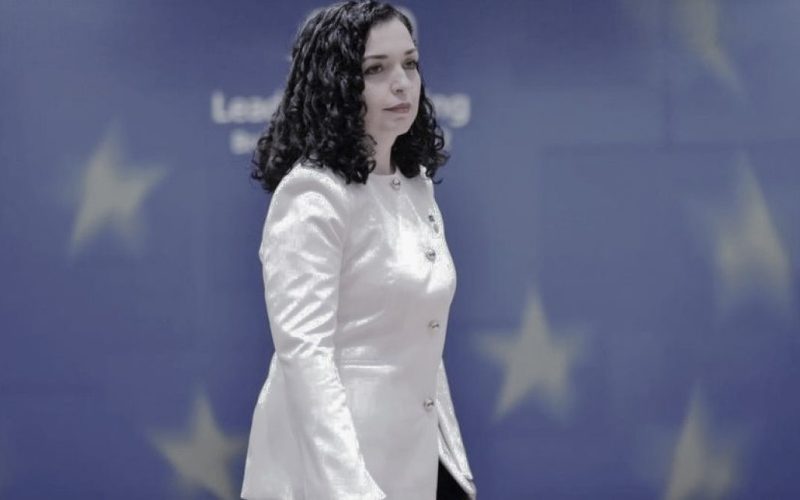Our part of the world, as we have known it since the collapse of the Soviet Union and the fall of
the Berlin Wall, is now seriously challenged by the Russian aggression against Ukraine. The sheer violence of the attack, the daily horrors playing out on Ukrainian soil, and the accompanying vitriolic discourse by the Russian side are affecting societies and spaces beyond Ukraine.
Indeed, this 21st -century aggression has seriously shaken the modern world order, the Security of European societies, and the stability in several already frail regions, such as the Western Balkans. Similar horrors played out in our space just three decades ago. The Western Balkans region, where societies are still divided along ethnic lines, is not yet reconciled, and security threats can be triggered easily.
The impact of the Russia-Ukraine war and the world's response to it – particularly the West –can be seen through three lenses:
1. State differences regarding their system of values are brought to the surface by their choices in which side to support – whether openly or covertly – and their preferences in responding to this threat to security and stability on Europe’s doorstep. Is this choice guided only by their system of values or driven by the exigencies of the circumstances too? Arguably, the latter seems to weigh more in the face of the increased threat to their national Security and the Security in other parts of the world. The stark difference in values thus exposed reinforces divisive narratives, feeds the distrust among current and former warring parties, and undermines the international and local efforts for peace and prosperity.
2. The alignment and neutrality policies of European countries; in the Western Balkan region, Serbia is the only country that has not imposed any sanctions against Russia; a large part of the public has rallied in favour of Russia; and its state-owned discourse echoes the same sentiment. On the other hand, countries like Finland, Sweden, and Austria had to take a stand away from their neutrality politics, which directly impacted their decisions about military and defense budgets.
3. The role that international organisations play in the situation of global crisis and threats, therefore, gains more prominence. For the Western Balkans, this has a particular significance in the light of the ongoing Kosovo – Serbia dialogue; the EU integration and accession process as a long-term aspiration of the six Western Balkan countries; NATO membership aspiration for all but Serbia; and the fragile political situation in Bosnia and Herzegovina.
Hence, this new geopolitical context is perhaps a decisive moment in the history of the organisations (NATO and EU) and mankind by their choices to recalibrate resources and responses. At moments like this, the prominence of international organisations like NATO and the EU comes to the forefront and, through their coordinated response, contributes to resilience, cohesion, peace, and reconciliation in war-scarred regions and societies.
We can add to this conversation the aspiration of countries like Ukraine, Georgia, or Moldova to become part of the larger EU family and NATO alliance. Their choice speaks loudly and strengthens the power axis that is positioned on the right side of history. Indeed, what each country strives for in the 21st century can be summed up in these three key aspirations: economic progress, sound democracy, and security.
Therefore, the expansion of international organisations like NATO or the European Union is mostly driven by the individual choices that countries make in their striving to fulfill these aspirations. At times of deep security crisis, like the one that the world is facing right now as a consequence of the Russian aggression against Ukraine, even historically neutral countries like Sweden or Finland find that membership in such organisations contributes to peace and stability in Europe, and in the globe.
As former UK Prime Minister Boris Johnson has stated, should Russia succeed in its attack against Ukraine, it will be “ultimately disastrous, not just for democracy and for the independence of countries, but for economic stability. The cost of defending Ukraine is a price worth paying for democracy and freedom.”
Astrit Istrefi
